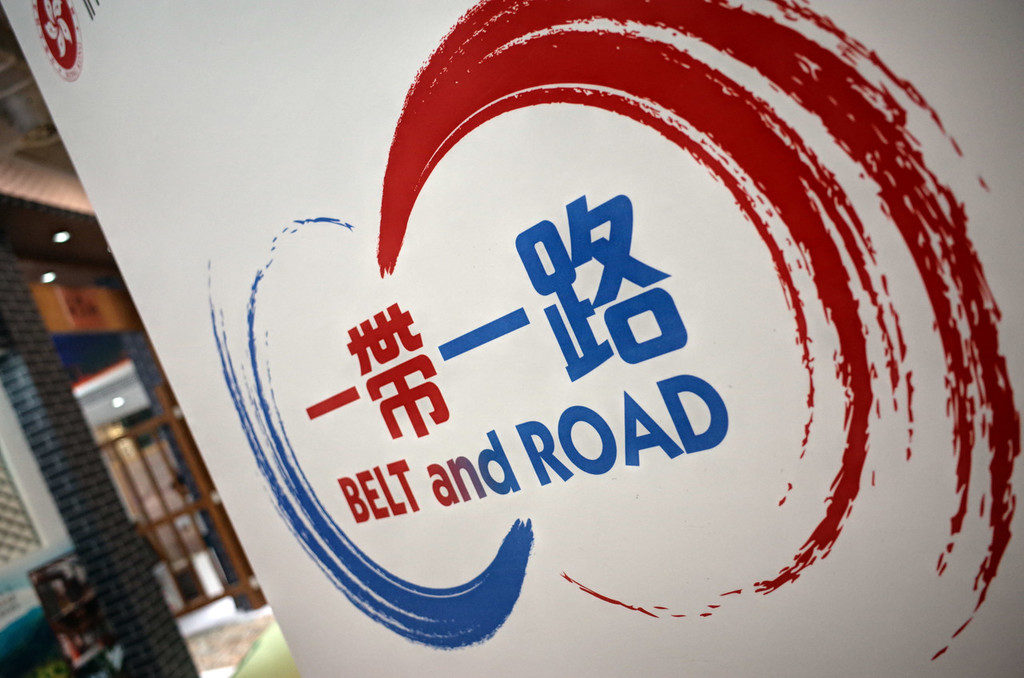China's contribution to the development of Asia
By Sugath Rathnayake | chinadaily.com.cn | Updated: 2022-05-05 14:30

The world community is currently going through a difficult period. Many countries are still suffering the consequences of the COVID-19 epidemic. Millions have lost their loved ones. Many are losing their jobs and facing economic crises. As a result, social and political structures have been severely affected. Development has been hampered regionally and globally, and people's lives have been affected.
In such a context, it is important to consider how regional or global development goals can be achieved. What should we do about them? I would like to focus here on Asian regional development in particular.
China has lifted millions of people out of poverty in rural areas. It is through China's regional development strategies. To this, China adopted a new concept of socialism with its own Chinese characteristics. China did not pursue the same regional development policies for all regions of the country. Different policies were followed in each region. As a result, China was able to achieve its goal of eliminating extreme poverty ahead of schedule.
So, what is the lesson to be learned from China for neighboring countries? The social background of South Asian and Southeast Asian countries is very similar. The lifestyle of a village in China is very similar to the lifestyle of a village in other Asian countries. Their foods, customs, and habits are similar. Therefore, the programs that China has adopted to eradicate poverty can be followed by other countries in Asia. We can create a separate literature based on that experience in China. It could be a movie, a teledrama or a book. Or it could be a people-to-people exchange.
The social background of the Americas, Europe, and Africa is quite different from Asia. Those differences are reflected in culture, values, customs, climate, and environmental conditions. Similarly, development approaches are different. Many countries in the Americas and Europe are developed. But most nations in the African and Latin American region are the least developed countries. Development strategies in those regions are difficult to compare or replace with Asian countries, because there is some distance and mismatch. Likewise, some countries were colonized in the past.
China has a close relationship with many countries in South Asia and Southeast Asia. Archaeological evidence confirms that relations between countries such as Sri Lanka date back more than 2,500 years. The thoughts, aspirations, attitudes, customs and cultural ties of the people in this region are similar. So, we can use these ties in a strong way to accelerate regional development.
China-proposed Belt and Road Initiative is important to accelerate regional development. Through this, massive infrastructure development projects are being implemented connecting Asia, Europe and Africa. BRI projects are mainly related to infrastructure development in the transport, energy, mining, IT and communications sectors. It covers industrial parks, special economic zones, tourism and urban development. Currently, these projects are being implemented rapidly in many countries. Through this, a new impetus has been added to regional development as well as world development. This initiative has gone beyond infrastructure projects to enhance educational and cultural exchanges. Through it, regional development and globalization have accelerated.
Rapid economic growth is an essential factor in regional development. Asian countries such as China, Japan, South Korea and Singapore have been able to achieve rapid economic growth. Those benefits should flow to other countries in the region. The best way to do that is to strengthen regional trade. Development benefits should be shared through bilateral or multilateral trade agreements. Development experiences should also be shared through various conferences, seminars and exhibitions.
The issues facing Asia in regional development should also be addressed. Lack of adequate infrastructure is the main problem. This is a major obstacle to rapid regional development. Initiatives such as BRI can address this. On the other hand, many Asian countries suffer from bribery, corruption and inefficiency, which have severely hampered regional development. Proper development cannot be expected without eliminating bribery or corruption. The policies pursued by the Chinese government to curb bribery and corruption should be commended. Other countries in Asia can take the example of China's fight against bribery and corruption.
The Asian region is richer in human resources than any other region. These human resources must be properly utilized in regional development. It can accelerate regional development. The Asian region is also rich not only in human resources but also in environmental resources. All these resources must be properly utilized to move the Asian region toward sustainable development.
The community must be prepared to make a variety of sacrifices in development. The development path in China that I have seen is such a difficult one. The Chinese people, who in the past did not even have a proper diet, are now playing the role of a world leader because of their commitment. Its benefits are being enjoyed all over the world today. These sacrifices can be exemplary in other countries of the world.
The next few decades will undoubtedly be the peak of Asian development. We can achieve those expectations only if the Asian countries work together. For that, it is necessary to identify the potentialities that have developed through past relations in the Asian region. Through that, new development approaches should be identified. Then as Asians we can live together as children of one family.
The author is a lecturer at Yunnan University School of Foreign Languages, former foreign expert for China Media Group Sinhala Service, a senior journalist of Sri Lanka and published author.
The opinions expressed here are those of the writer and do not necessarily represent the views of China Daily and China Daily website.
If you have a specific expertise, or would like to share your thought about our stories, then send us your writings at opinion@chinadaily.com.cn, and comment@chinadaily.com.cn.
























